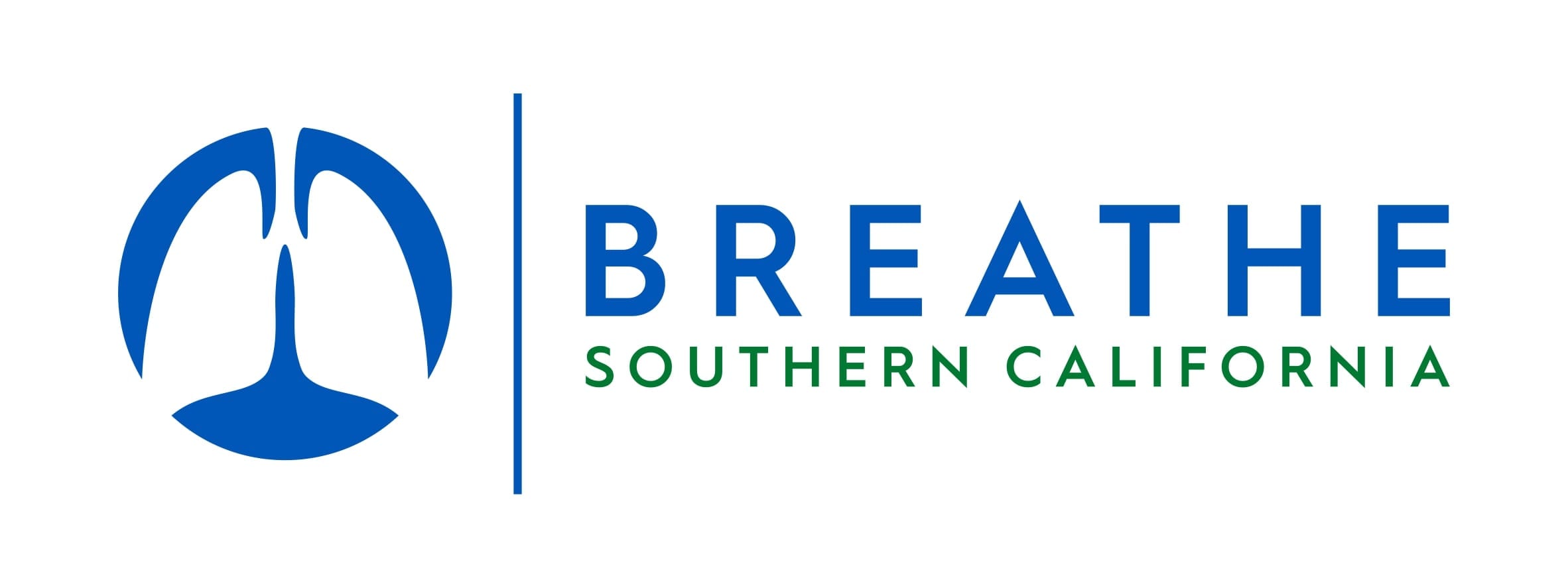The Ports of both Los Angeles and Long Beach have hailed the 2017 Clean Air Action Plan (CAAP) update as a strategized commitment to update the Clean Trucks Program at both ports, further reducing diesel emissions and getting more near-zero and zero-emission trucks on the road.
As part of the update, the Ports have adopted a $10 fee per loaded twenty-foot equivalent unit (TEU). While this rate will only generate a portion of the necessary funds to replace all the diesel trucks at the Ports with near-zero and zero-emissions models, there is another, simpler action the Ports can take to expedite the transition. The Ports Drayage Truck Registry, an approved list of drayage trucks that can enter the ports to drop off or pick-up cargo containers, can play a significant role in phasing-out diesel trucks and replacing them with their cleaner counterparts.
Clean Air Action Plan update hailed as a strategized commitment to the Clean Trucks Program at both ports.
Drayage Truck Registry and DMV Important Dates
As of October 1, 2018, only model year (MY) 2014 trucks and newer could be newly registered in the Ports Drayage Truck Registry, but older, previously registered trucks can remain on the Registry until December 31, 2022. Starting on this date, a key state regulation will no longer allow the state’s Department of Motor Vehicles to register trucks with engines that are MY 2009 or older. So owners of trucks with pre-2010 engines must retrofit their trucks with MY 2014 engines or later or replace their trucks with new near-zero or zero-emission trucks. One day later, on January 1, 2023, the Ports’ Registry will only allow trucks with near-zero and zero-emissions engines to be added.
It is this January 1, 2023, date that needs to be re-evaluated. By being one day after the DMV deadline, it promotes owners of pre-MY2010 diesel trucks to purchase a used MY2014 or later diesel truck at a much lower cost than trucks with cleaner engines. Moving the deadline to an earlier date will prevent more dirty trucks from being registered and therefore prevent the continued polluting of our neighborhoods.
January 1, 2023, deadline means the Drayage Truck Registry could see a flood of diesel trucks being registered at the last minute.
As the deadlines currently stand, the Ports’ Registry is susceptible to a flood of diesel trucks being registered at the very last minute, which would allow dirty trucks to operate at the ports well beyond their stated goal — as well as the state’s — of a transition to near-zero technologies. Currently, the ports’ CAAP Update wants a transition to near-zero technologies in the short-term with a long-term transition to zero-emission technologies. On paper, this sounds good. But in reality, the ports have not clarified the steps they will take to actually realize these goals.
What New Date Would be Best?
If the January 1, 2023, date for registering pre-MY2010 diesel trucks is insufficient, which date would be best? As things currently stand, the ports have yet to implement the $10/TEU CTF Rate both Harbor Commissions agreed to on March 9, 2020 – more than 280 days ago. By aligning the Ports Registry deadline preventing new dirty trucks from operating at the ports along with the actual implementation of the CTF Rate that was approved over eight months ago, the Harbor Commissions that oversee the Ports of Los Angeles and Long Beach can send a clearer signal on their efforts to move forward towards a cleaner future.
The ports have done tremendous work to reduce emissions over the years, however, diesel trucks remain big polluters.
The San Pedro Bay Port Complex is a vital economic engine for our region, and they have done tremendous work to reduce emissions over the years. But despite how far they have come, they still have a long way to go. Despite their efforts, diesel trucks remain the largest source of particulate pollution in the region, and the ports remain the largest source of air pollution. While the CTF Rate should be increased, the ports must begin to implement the current $10 fee as soon as possible, and then tie the date of implementation to the Ports Registry deadline. This would prevent many more years of diesel trucks unnecessarily polluting our communities, saving thousands of lives and preventing thousands of hospitalizations and emergency room visits across the region.


